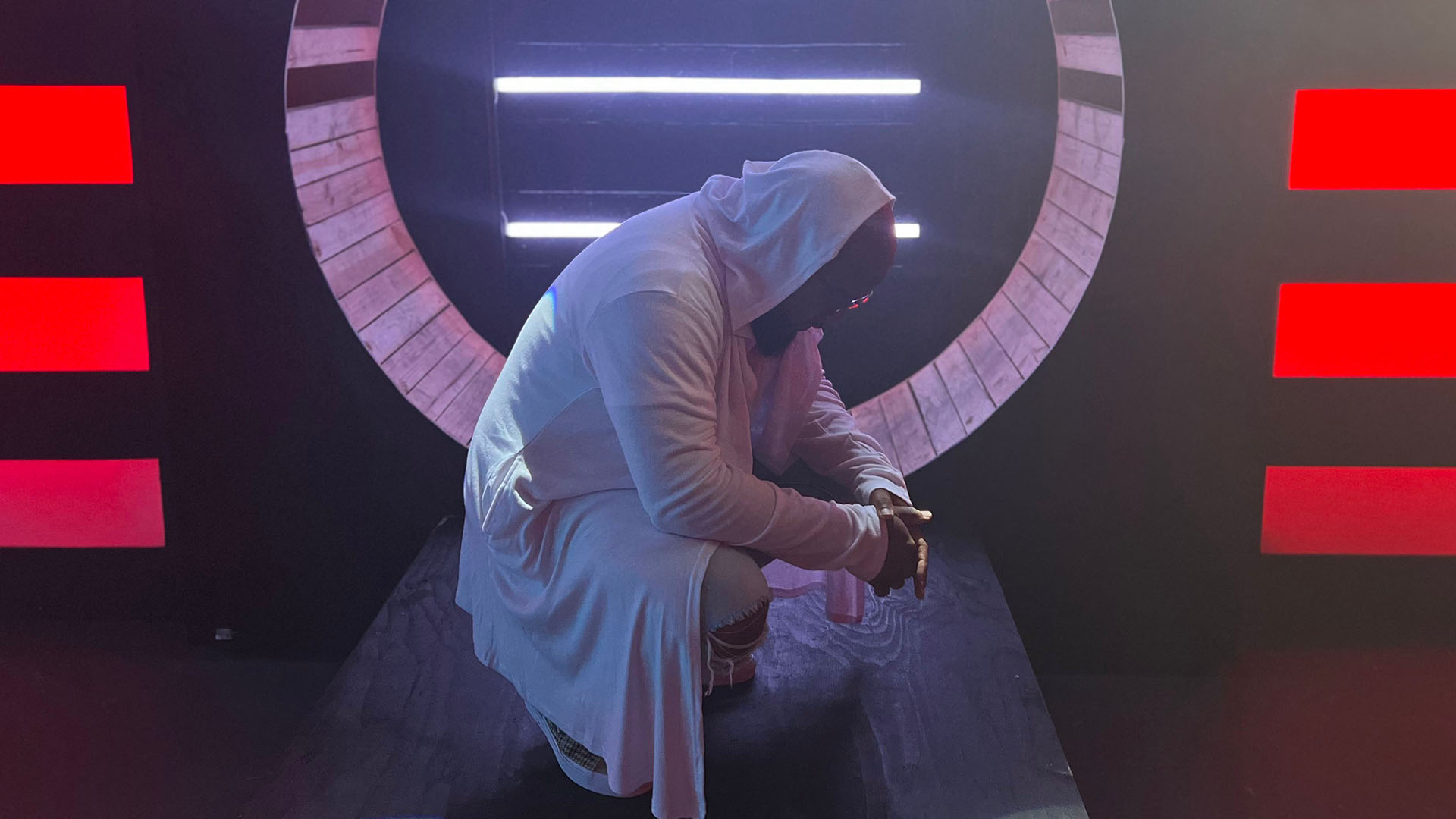For the Rest of the Culture
So I’ve never rested well.
I don’t think I remember a time in my life, adult or otherwise, where I got adequate rest since I’ve been allowed to sleep when I choose. Must be FOMO before I knew an acronym for “fear of missing out.”
Once, probably ten years ago, when complaining about potential burn out to my pastor friend Jamie, he handed me a book called “Leading on Empty” by Wayne Cordeiro. It gave me life at the time, inspired me to rest better, and encouraged me I wasn’t alone. Jamie also told me “it’s very arrogant of you to think you can get done in seven days what God said He’d do in six.” Ouch.
Alas, as inspired as I was, nothing much changed as I slipped back into regular rhythms.
At my current church, my pastor and friend, Kevin, began to walk me down a path of discipleship, which I deeply desired, and gave me some helpful language. He said, as was said to him, we shouldn’t “rest from our work, but we should work from our rest.” Meaning, have a life of deep rest and Sabbath, and live out of that, versus falling asleep at the end of a busy week.
Great wisdom. I carry it. Alas, my disciplines in life, while growing slightly, haven’t changed much. And I still struggle with rest.
I’ve begun to actively pursue what it means to rest. Some of it is just going to sleep. More of it is resting in God’s presence with deep trust for all of the outcomes and issues of life, which I have grown tremendously in to be honest. I still have my anxieties like everyone else, but I’ve learned to cast them much quicker (1 Peter 5:7).
Most recently on this journey, about a year ago, I read John Mark Comer’s “The Ruthless Elimination of Hurry,” and it’s made a huge impact on me. I desire a life of deep rest and Sabbath more than I ever have. Even more subtle changes have been made. And at the suggestion of my friend, Sarah, I dove into John Mark’s podcast where he breaks down the need for discipline and rest on a regular basis, and my desire for both is growing.
Imagine that, feed it and it grows. The more I read and listen, the more my life shifts this way, as if what you consume has a drastic outcome on your output. As if what I’ve been telling crowds for the entirety of my music and ministry career about “what you listen to matters” was true the entire time. Interesting.
To that end, and to the end of this blog, I picked up one of John Mark’s recommended reads, “Invitation to Solitude and Silence” by Ruth Haley Barton. I’ve just read through the first few pages and this line struck me:
Like you, I wrestle with the influences of the secular culture and even religious subcultures that in overt or subtle ways devalue nonproductive times for being rather than doing.
Wow.
Secular culture and religious subcultures of restlessness.
What I jotted on the side of the page is that “the worldview is different but the culture is not.”
Secular culture doesn’t base its existence on the reality of Christ, it’s based on itself, people as the center, goals, etc. The worldview isn’t based on God. A religious worldview is (or can be) based on God as the center point of all existence.
However the culture (subset of beliefs, customs, institutions, actions, etc.) of busyness can remain the same regardless of the stated worldview, regardless of being secular or religious.
I’ve complained many times that the busyness of many Western churches mimics the productivity culture outside of said churches. The need to produce things, products, results, people, numbers, goals, and agendas can have the identical time consuming output as an institution of secular culture.
Perhaps though, they’re all good and even biblical things, done with the purest of heart. To this I sympathize with the above.
And maybe they should be excused for the over-the-top busyness because the goal is for people to know Jesus better. I’m all for it. Sacrifice matters.
But if indeed we exist in this upside down reality Christ called the Kingdom of God (the Beatitudes of Matthew 5, the Lord’s Prayer of Matthew 6, etc.), the way we live must be drastically different. And our trust of God gaining glory in all the things we can’t do and control must give us rest in the ultimate reality that only He can control everything.
That said, as busy as I am “for” the Kingdom, I am progressively rejecting a busy-ness that kills my rest in favor of a life of rest that fuels any work I do. But it will be done after I’ve spent significant time with my Creator and resting, before I work to create anything else for Him. I’d rather be with Him.
So I’m going to dig more intentionally than ever before into the rest (Hebrews 4:9) and peace (Philippians 4:7, 9) and life (John 10:10) God says He offers us. I’m going to accept His invitation to solitude and silence I’ve been sensing for a while, that Barton is pointing out in her book, and take a walk.
I think if we did that, especially if we’re in the Kingdom of God, the benefit could eventually be for the rest of culture as well.



